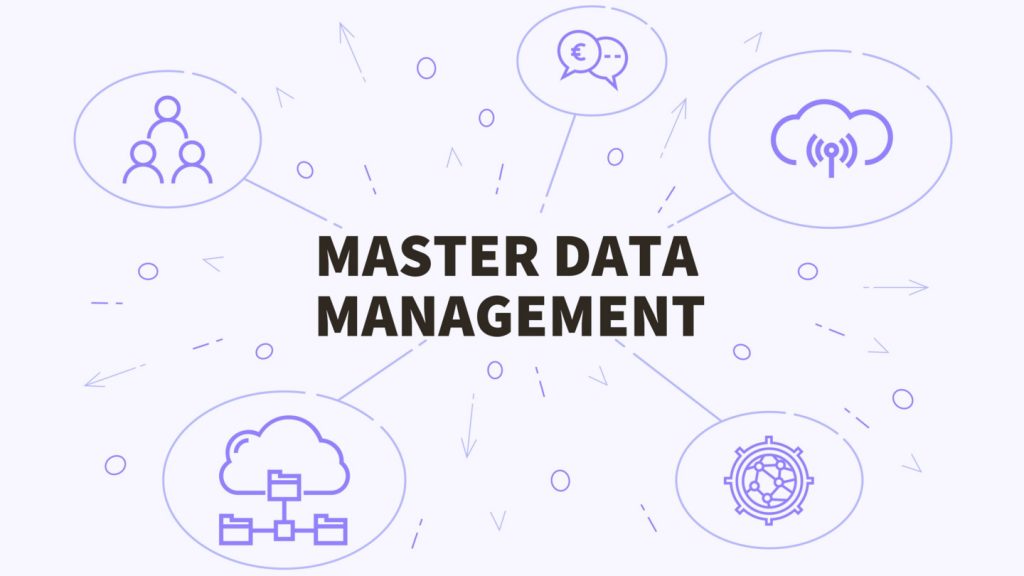Online businesses come across new opportunities and challenges every day. It has become imperative to surpass those challenges in order to survive. One such challenge that is being faced by nearly every online retail owner is product data management.
Managing a large amount of data on different channels is not an easy task. It requires the right combination of data management experts and tools to boost your business performance. Today, we will discuss one of the best and leading data management tools – PIMCore.
PIMCore emerged as an excellent platform for data and experience management that drives business value by splitting up and organizing the data produced by many businesses.
This open-source digital platform enables you to manage product information, digital assets, master data and customer data in the most efficient and hassle-free way, so you can focus on the core business operations without messing up with the data. Its unified APIs enable developers to exchange and integrate data with other systems without any trouble.
Data Management in PIMCore
#1 Product Information Management (PIM)
PIMCore product information management platform enables easy centralizing and harmonizing all your technical, sales and marketing product information. The platform allows you to integrate, unified and manage any type and any amount of data, giving you full control over the data that exists in your system. Create fantastic experiences for your customers by providing real-time, accurate and consistent data to any channel.
#2 Master Data Management (MDM)
PIMCore provides an outstanding MDM system for innovation-led companies. Using MDM, the companies can competently manage master tables, such as lists of customers, merchants and products, along with related data components like relations, descriptions, attributes and documentation, from a single repository.
The central location of master data gives deep insight into the complete business information, and thus reducing data redundancies, improving data dependability, reducing the isolation of data and enhancing business operational efficiency.
#3 Digital Asset Management (DAM)
The Digital Asset Management platform provides a central facility to store any type of data along with its metadata. The platform provides many impressive features, like image editing, 360-degree product view, image preview, media transformation, metadata management, tagging, face recognition and so on.
The PIMCore DAM platform supports any amount and any type of digital data, offering an enterprise-ready solution to businesses that have to deal with loads of data on an everyday basis
#4 Customer Data Platform (CDP)
For any business, small or big, customer data is vital, and PIMCore provides a flexible and scalable platform to store and manage customer information. The platform allows businesses to record customer activities from multiple channels, and provide a clear, unified and consistent view of customer data. Enterprises can combine those data, link profiles, conduct events and provide personalized customer experience based on the data they have.
Conclusion
Thus, PIMCore is a perfect e-commerce solution suitable for any type of application, irrespective of its size. Being based on one of the topmost frameworks, Symfony, it enables rapid prototyping and it is flexible with almost all data models.
Some top companies like Audi and IKEA are already using PIMCore, so contact us today if you are eager to implement PIMCore in your eCommerce solution.



